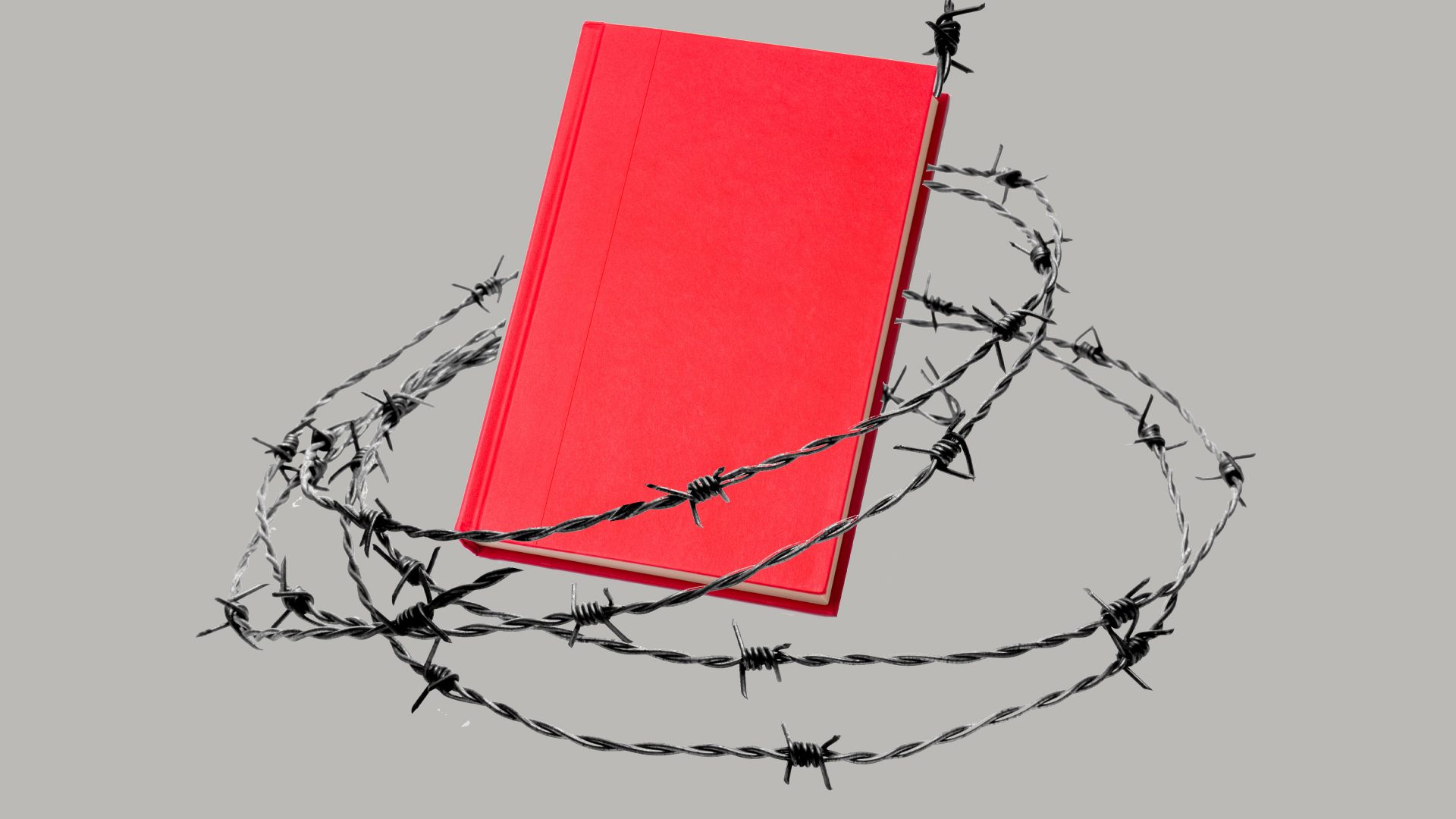Where did it all go… wronger? Philip Pullman is calling for an external review of the Society of Authors, the so-called writers’ trade union, which he helmed for nine years before resigning in March of this one. In a letter leaked to Private Eye, Pullman has now written that he stepped down from the SoA because he “felt he would not be free to express (his) personal opinion”.
The troubles began at the SoA – or, at any rate, became public – when Pullman made comments about the poet and writer Kate Clanchy’s memoir, Some Kids I Taught and What They Taught Me. Pullman was supportive of Clanchy, whose book – after having won the Orwell prize for Political
Writing – was accused of racial and ableist stereotyping. In a now-deleted tweet (which was a response to a comment he wrongly assumed to be about Clanchy) he had contended that those who criticised the book despite not having read it, would “find a comfortable home in Isis or the Taliban”.
Pullman’s kvetch is that SoA didn’t support him when he was criticised, but rather adopted a position of “self-righteous neutrality”, which was really nothing of the sort. The SoA certainly did nothing for Clanchy herself, who was required by her then publisher, Picador, to make a sort of Maoist public confession, before they jettisoned her anyway. I’ve read Clanchy’s book, and while the tone of some of it does jar, I don’t think it’s the true issue here – as
Pullman’s recent behaviour reiterates.
Like so many passionate contemporary ethical conflicts, this is really about a narcissism of extremely small differences indeed. Pullman’s agonist at the SoA is the part-time novelist and chair of the SoA’s management committee, Joanne Harris, whose own copybook was recently blotted when she set up a poll on Twitter in the wake of the attack on Salman Rushdie, asking about writers’ experiences of death threats. This was a response to JK Rowling receiving her latest bucket of online bile, after she’d expressed solidarity with Rushdie. Harris took the poll down, admitting she’d been “flippant”.
Flippant! Ooh-err, mustn’t be that, must we? Oh, no, liberal humanists are always deadly serious, and they’ll fight to the death – even with their own kind – in order to be confirmed in their own studious probity. Meanwhile, the web is awash with extreme right wing bigotry of every imaginable stripe – yet these prominent social justice warriors confine themselves to isolating one of their own kind who hasn’t been quite scrupulous enough when it comes to masking her own capacity to be prejudicial.
A capacity that Pullman, Harris and any number of privileged white people seem hell-bent on denying they possess at all, despite the fact that the economic system that has delivered them their millions (of sales and
concomitant pounds) necessarily deprives others – many from minority groups – of the benefits they enjoy. But as I say: this is a sideshow, one they can act up in so as to draw the world’s attention away from the real issues: not just who has and who has not, but who has the right to curtail free speech.
The real villains of this pathetic piece aren’t Clanchy, Harris or Pullman, but those at Picador who pressed for the cancellation of Some Kids I Taught, and those in senior management who gave way to that pressure. A publisher has every right not to publish a book because it doesn’t agree with its content ethically – just as it does because a book isn’t any good aesthetically. What it should never do is abandon its authors once they’ve published – that way lies
the doublethink of Orwell’s Nineteen Eighty-Four, whereby writers and their readers can be reconditioned to believe O’Brien is holding up three fingers rather than four, or indeed that right is wrong.
Turbocharging the whole sorry affair is the tendency of these so-called writers to take to social media in order to vent their opinions. You would’ve thought the likes of Pullman, Harris, and even Clanchy would be content to
publish words in the considered way that has gained them great praise and emolument, rather than resorting to this intrinsically partial and divisive medium. Wordsworth defined poetry as “emotion recollected in tranquillity”, but nowadays writers of all kinds seem perfectly happy to
confect it in instantaneity for their “followers”. Really, this should disbar any of them from being taken seriously about anything. After all, why do they do it when they so abundantly possess the gifts required to engage with longer
forms than these haikus of hatred?
The answer is vanity, pure and simple – that, and pushing their own product; which is also dependent on them sucking up to publishers in the hope that they, too, will get a free lunch.



